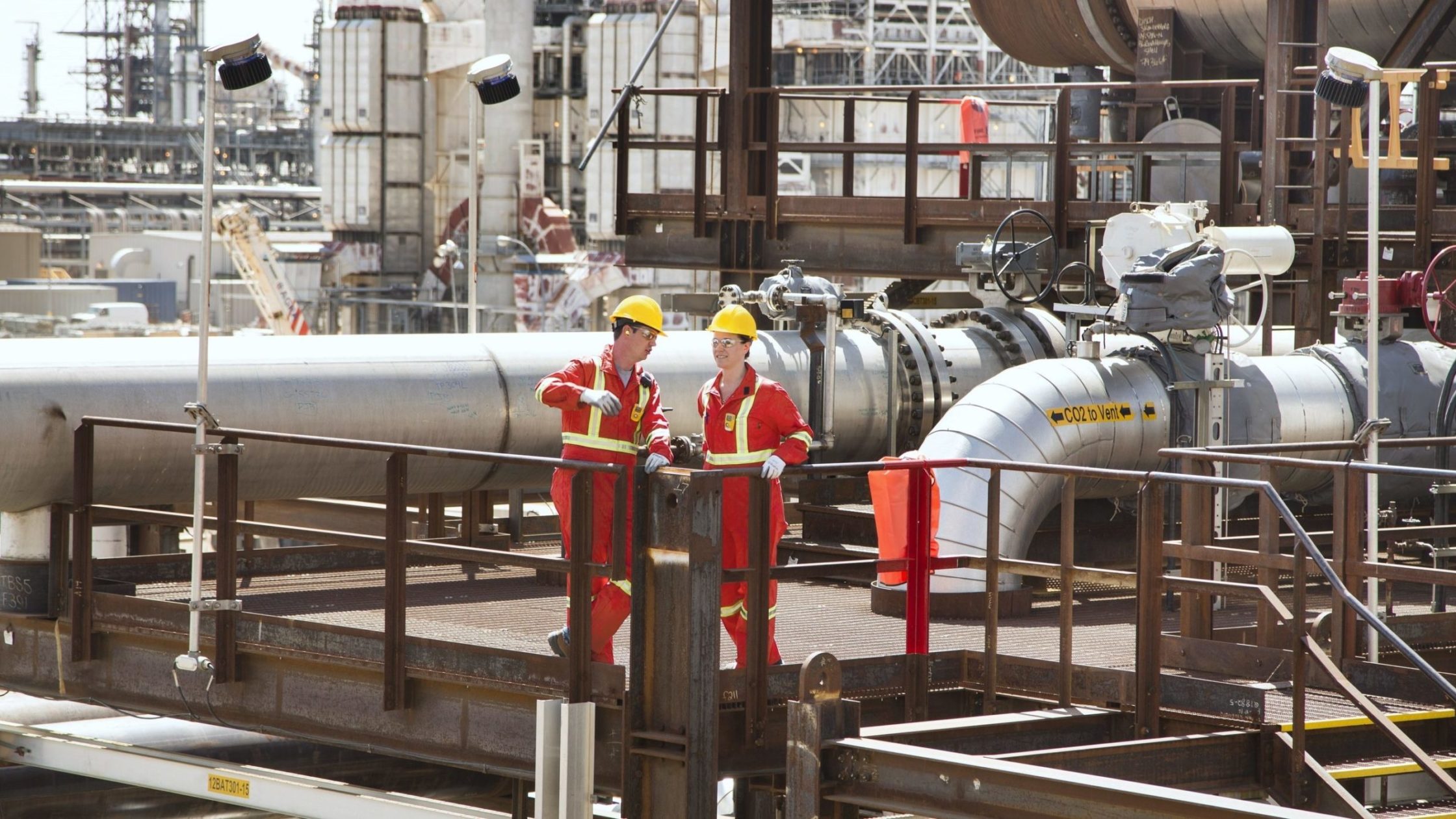The goal of environmental activists to shut down oil and gas would cause a global depression, according to the boss of America’s largest bank.
“You will have a calamity,” JPMorgan Chase CEO Jamie Dimon told CNBC on Jan. 19.
“We need oil and gas. It’s 100 million barrels a day that are used by the world to heat, fuel and feed people.”
World petroleum consumption is on its way to a record 102 million barrels per day in 2024, up from 97 million barrels per day in 2021, according to the latest outlook from the U.S. Energy Information Administration.
In addition to transportation fuel, oil is used to make countless plastic and synthetic products from clothing, computers, cell phones, car components and furniture to medical equipment, plexiglass, hand sanitizer, carpets, toys, and beauty products.
“We can’t do without petrochemicals,” says Dennis McConaghy, a retired executive with TC Energy who helped develop the now-cancelled Keystone XL pipeline.
“It’s not just doing without plastic bags; it’s building materials and various technological equipment. It’s agricultural chemicals.”
McConaghy, author of Carbon Change: Canada on the Brink of Decarbonization, says that credible climate policy to reduce emissions is important, but needs a balanced conversation to avert significant societal hardship.
Canada’s major oil sands producers see clean technology like carbon capture and storage (CCS) as a solution. Through the Pathways Alliance, companies representing 95 per cent of oil sands production plan to use CCS and other technologies to reduce emissions by 22 megatonnes per year by 2030, on the way to net zero by 2050.
“This is really about all of us getting together and doing what we can to build a greener future,” says James Millar, CEO of the International CCS Knowledge Centre in Saskatchewan.
“You see CEOs from Cenovus, and Suncor and MEG and CNRL get together every Friday morning at 7 a.m. to figure out how to achieve the goal of reaching net zero by 2050. They’ve all committed to it.”
Canada will continue to require significant amounts of energy due to the scale and composition of its economy and its geographic location, says McConaghy, adding that the country should not disproportionately burden itself with decarbonization costs that other countries have yet to accept.
This includes re-evaluating the costs and benefits of policies like an oil and gas sector emissions cap and the Just Transition.
The unaltered reproduction of this content is free of charge with attribution to Canadian Energy Centre Ltd.
